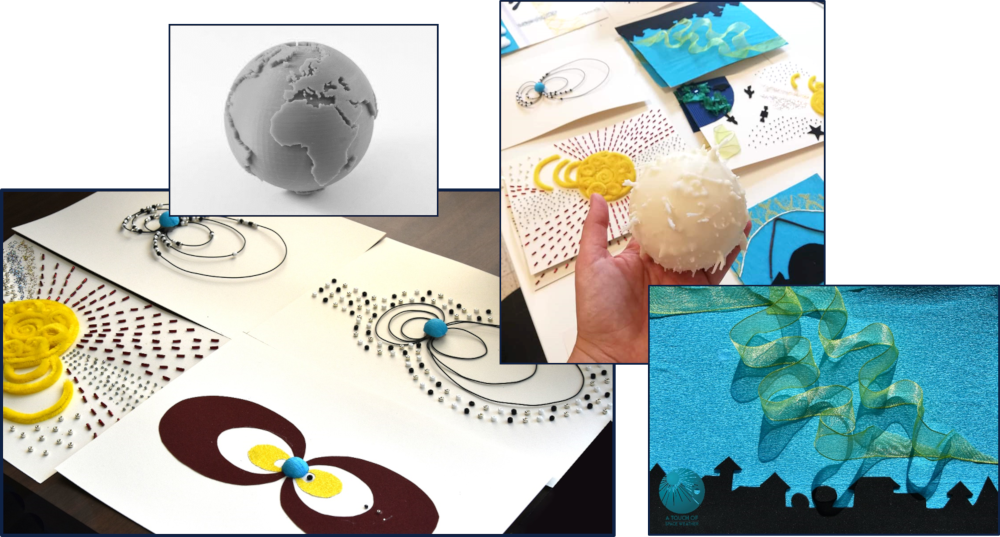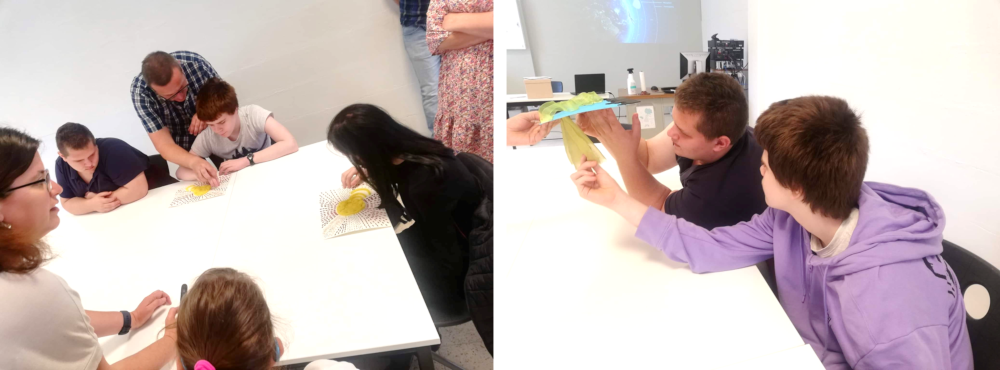The EPEC (Europlanet Early Career) network was launched at EPSC in 2017, and since that day our community has grown exponentially. The idea was to create a friendly environment where early careers could meet, confront the complex dynamics of the academic career, and be involved in activities with the support of the Europlanet Society. In fact, the Europlanet Society itself felt the need of having a space where early-career researchers could gather and grow, and senior scientists played a fundamental role in supporting the new generations.
Today, EPEC reached that goal and is committed to building a strong network among young professionals by nurturing a supportive environment to develop various ideas within each themed working group (WG) and developing leadership skills. The EPEC community is open to all early-career planetary scientists and space professionals who obtained their last degree (e.g. MSc or PhD) less than 7 years ago.
Supervisors (and future supervisors) are of great help to spread the word about our community. By doing this, part of networking and understanding of the field will be complemented by the supervisor's perspective.
EPEC is structurally organized around 7 WGs (Fig.1): Communications, Diversity, EPEC@EPSC, Outreach, Annual Week, Early Career Support, and Future Research. Each WG, usually led by two Co-Chairs, works within its purview to best address the needs of early-career researchers and reflects on actions that can be implemented. This includes interviews, contests, and campaigns, continuously evolving thanks to new members and new ideas. We are working hard for every voice to be heard and this makes EPEC a very diverse and inclusive community.
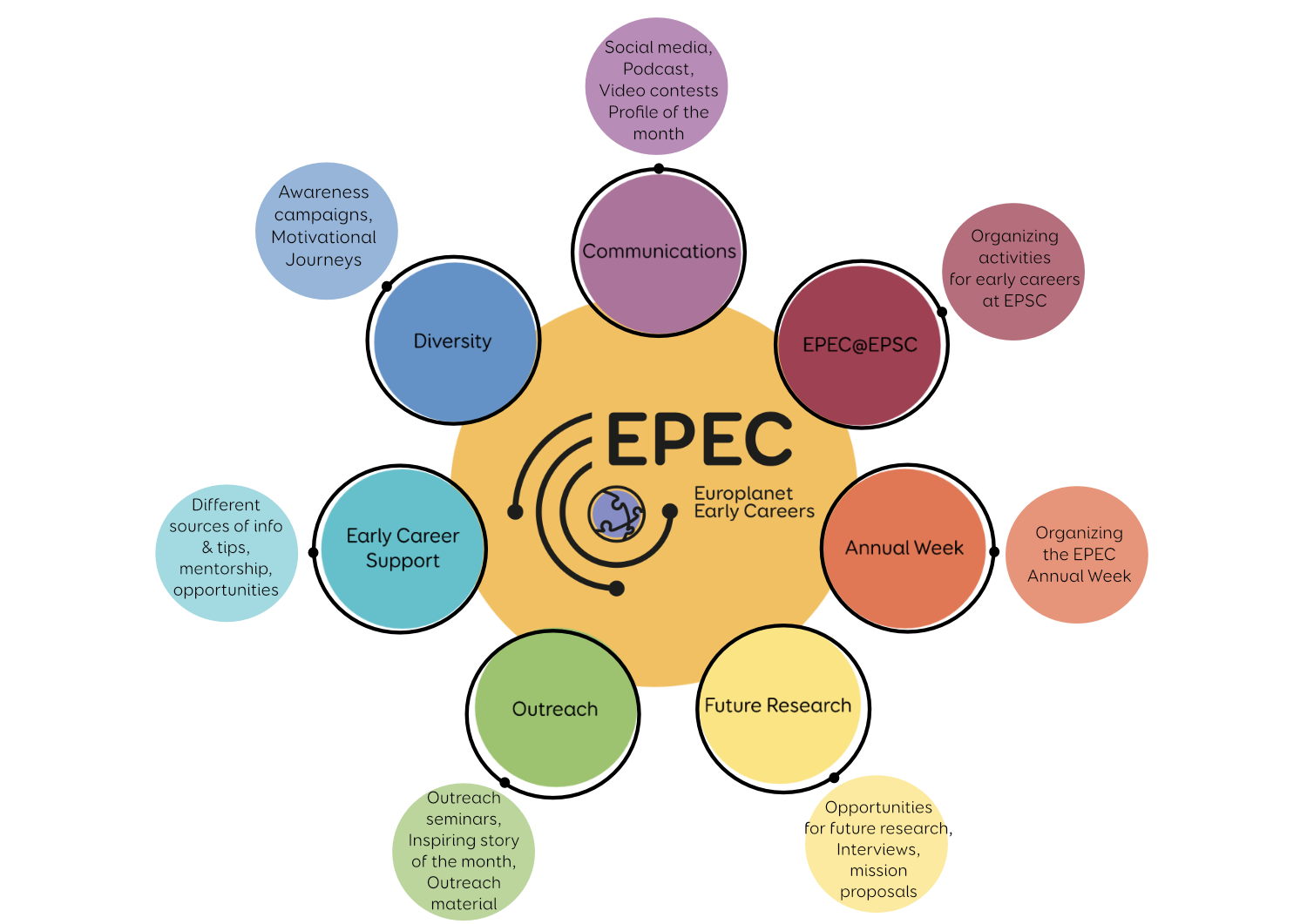
Figure 1: EPEC is divided into 7 Working Groups (black outlined circles), each of them working on different topics (rimless circles).
The WGs are always looking for and welcoming other space enthusiasts who would like to contribute to the EPEC activities. Joining EPEC can be a great opportunity for early-career scientists.
In fact, EPEC offers occasions to meet peers from all across Europe and beyond as well as interact with the broader Europlanet Society committees and members. It is also a great chance to develop new skills of collaboration, leadership, project and team management - all of which will be of great value in their career, academic or not.
Every year, members of EPEC get together for two major events: the EPEC Annual Week (Fig. 2A) and the Europlanet Science Congress (EPSC) (Fig. 2B).
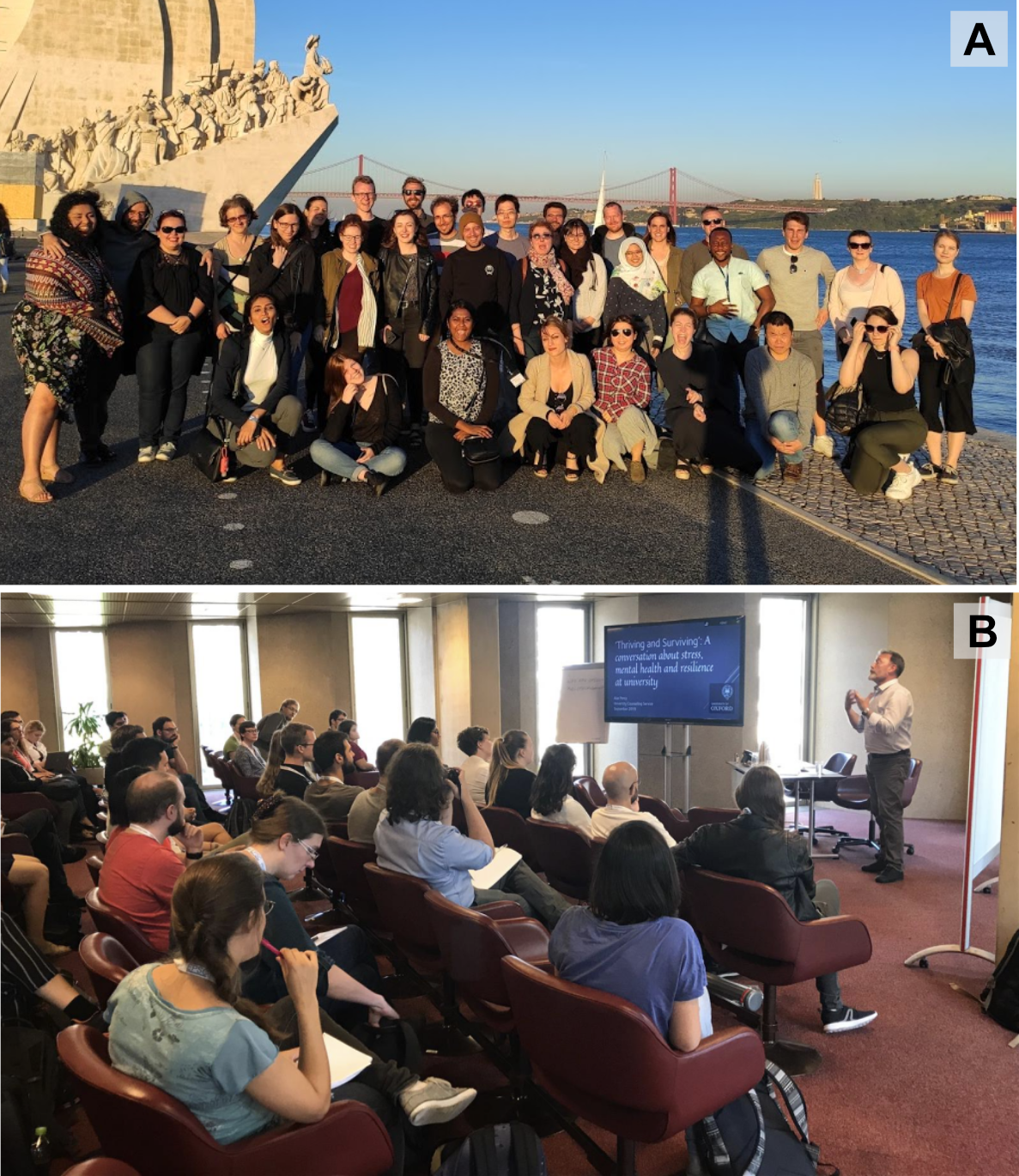
Fig. 2: A) Social event at the 2nd Annual Week, Lisbon, Portugal; B) Early career short courses at EPSC.
The Annual Week is an event that gathers early careers from everywhere in the world, where different seminars and workshops foster a healthy, collaborative, and interactive reflection on topics related to academia and the challenges that early careers face. For the last two years, it has been organized virtually, which reduced our interaction but gave us the unique chance to expand the event in an unprecedented way.
EPSC, on the other hand, is where EPEC members get a chance to present their scientific work to the entire community (including senior scientists) while connecting with other early careers through the EPEC@EPSC program.
Being involved in EPEC means also contributing to making the best of these two events and perhaps creating additional occasions to meet and work together.
Furthermore, EPEC supports early careers with open discussions about mental health (e.g. during the Annual Week), mentoring programs at EPSC, and the Motivational Journeys (Diversity WG) where scientists with different backgrounds share their stories and the obstacles they overcame. We are also going to launch our podcast soon, where we will invite guest speakers to highlight the relevance of a healthy routine during Ph.D. life and provide additional tips for young professionals to learn how to balance working hours and personal space.
This aspect is crucial, we can never stress enough the scientific community's need to be healthy, supportive, and let early careers express their difficulties in such a challenging career.
A few highlights of our current activities include:
- Our Profile Of The Month initiative, to highlight early-career scientists' journeys;
- Our Outreach Stories, that aim to inspire all researchers to share their science with the general public;
- Stairway to Space - EPEC’s brand new podcast;
- Video Contest PlanetaryScience4all, where the participants send a 4-minutes video about their PhD projects, and the winner gets free registration for the next EPSC;
- The early-career program at EPSC - look out for the sessions!
To contact EPEC, message us by email (epec.network@gmail.com).
Europlanet society members (of all career stages) and senior scientists in general are invited to follow EPEC on Twitter (@epec_epn) in order to help EPEC gain visibility among the early careers. More info on EPEC’s activities and how to keep up to date or get involved can be found on our website.
To join EPEC on Slack, scan the QR code:

(for early careers only)
